Often, the path to writing isn’t a straight-forward one. Such is the case with Amber Wong, who started writing towards the end of a long career in environmental engineering. Read on to learn about her experience of writing her family stories, the responsibility of portraying people authentically and accurately, as well as the Lesley mentors who guided her during her time in the program.
AMBER WONG – NONFICTION, JANUARY 2014
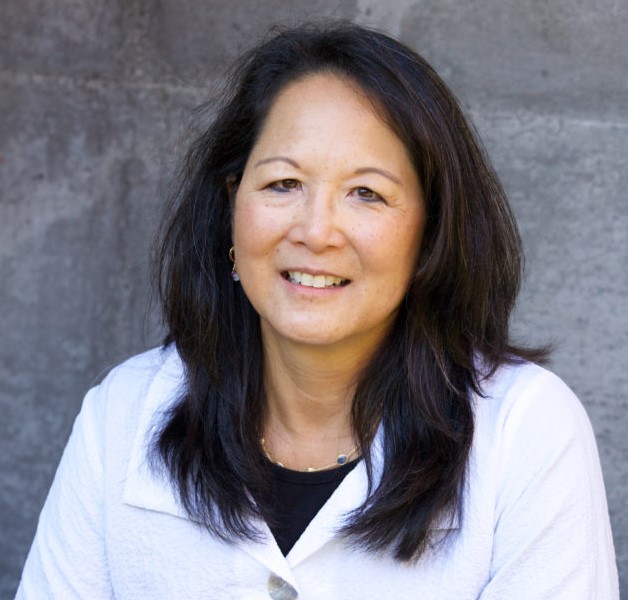
AMBER WONG is an environmental engineer in Seattle who writes about identity, the depth of family secrets, and the breadth of environmental threats. Her personal narratives explore her fourth-generation American life through the cultural themes of scarcity vs. abundance, comfort vs. unfamiliarity. She’s intrigued about how the statics of culture – ethnicity, gender, even one’s profession – bend the dynamics of modern-day America, and is happily searching for that intersect where her engineering and her writing selves comfortably meet. Her work has been published in Creative Nonfiction, Catamaran Literary Reader, Tahoma Literary Review, The Sunlight Press, Entropy, Full Grown People, Lunch Ticket (x , x), Slippery Elm, and The Writer’s Connection.
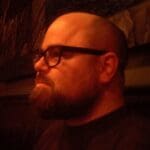
Interviewed by
Michael Mercurio
In addition to your work as a writer you are also an environmental engineer. Which profession/interest came first for you?
Ha! I never wanted to be an engineer. But when you’re Asian and good at math, well… Yeah, that’s a trope that doesn’t age well. But what WAS true in my family was an emphasis on doing the difficult thing. The ethos was, “If it’s not hard, it’s not worth doing.” So while math wasn’t all that easy for me, I could do it, and therefore thought that I should. What I really wanted to be was a geneticist. My undergrad degree is in human biology, so I was headed that way, but when I talked to my dad about it in 1974 when I was a sophomore, he grimaced and, in one of the worst prognostications on record, said, “Genetics? That’s a dead field.” So I went to grad school in environmental engineering, which my parents knew nothing about, and therefore couldn’t have an opinion. Environmental engineering is actually a blend of biology and engineering, so it could be construed as a logical next step. It also helped that the field was expanding from being strictly about sewage treatment to looking at environmental problems more holistically. EPA had just been established in 1970, so momentum was building around environmental issues. I liked that. And the other big draw about engineering was that I knew I could get a job. That was a huge factor.
I never thought about being a writer. When I was very young, Mom turned writing into a punishment. It started when I was around five. Whenever my brother or I did something bad, Mom would make us write 500-word compositions outlining what we did wrong and how we would do better in the future. (I have those pencil-smudged compositions in my desk drawer. As you can imagine, none are very literary.) As a result, I have this weird history of self-abasement associated with writing. My aversion to writing was so bad that I had to drop a couple of college classes when I found out they required term papers. So this, again, is a difficult thing.
It took thirty years, but I started writing in earnest as I edged toward retirement from my engineering career. Originally I thought I’d capture some fun memories of my kids. I took a few writing classes and joined a writing group. Those writers made me realize that many of the experiences I took for granted were totally foreign to them. Banquet dinners in Chinatown. Family rules and expectations. How to respond to racial slurs. Our code of silence. The writers wanted to know more. They wanted to know why. I couldn’t explain the why. Although at first it felt really transgressive to dig into those topics, for me it was thrilling. I started to read and understand more about our history. Writing my way through my family’s stories helps me refine my understanding of my own place in today’s world.
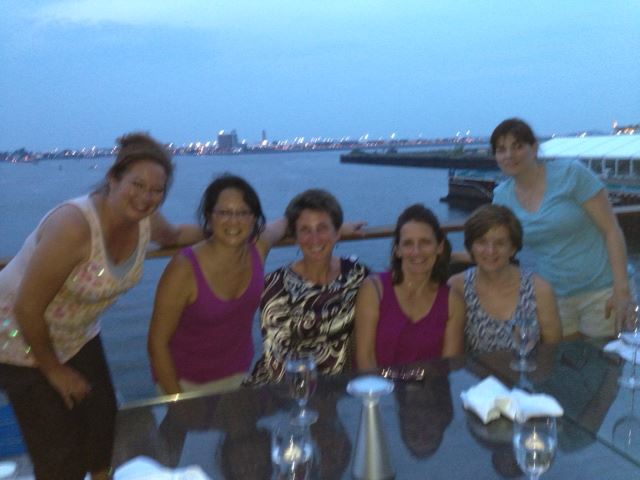
The story of your early punitive experiences with writing — and the story of what happened when you sought a different engagement with writing, later in life — both point towards the influence and importance of family as a source of inspiration, and also to the importance of research. When you’ve been writing stories based on the real experiences of your family and community, how do you handle questions of responsibility to individual family members and the pressure of responsibility for portraying or representing your community in an authentic or accurate way?
I had not even finished the first chapter of The Joy Luck Club when I was laughing aloud. I thought, “That’s just like my family!” People talking in riddles, some acutely aware, while others obtusely unaware, of the impact of their words on others. I was delighted and thrilled that this book captured the essence of my family.
So I was surprised that when I talked to my eldest aunt about the book, she was scathing. Dismissive. “Amy Tan had the opportunity to write about us. But she made us all sound so stupid,” she said.
That’s when I knew that authenticity had its limits.
I hesitate now when I write in dialect for my grandmother, shortening her direct quotes to only a few phrases. I know that’s false because I can clearly hear her voice inside my head, and the way she spoke in Chinese was direct, full of verve, replete with her own opinions, and I could understand none of it. English was her second language, so her English voice was heavily accented, and when she spoke to me I could tell she was searching for words. But I admired that she didn’t let that stop her. She combed the newspaper for words she didn’t know, which she would painstakingly write in the newspaper margin to ask me about later. “What mean-a ‘composition?’” she’d ask, carefully sounding out the word. “How you spell ‘communication?’” But my aunt’s admonition sticks with me. So I can’t make my well-educated grandmother sound inquisitive, a lifetime learner, because of the difficulty and sensitivity of conveying her actual words. I’m horrified at the thought that someone would label her stupid.
My feelings of responsibility to portray certain family members in an accurate light is really fraught. I’ve thrown out hundreds of pages because I’m afraid that they will read them. I’ve tried to stick to actual things they said, without explanation or judgment of the feeling that elicited, to keep my claims of plausible deniability intact. Just like they would.
I’m also aware that I don’t speak for all Asian American families. My family has roots here from the 1870s, so our experience of America is different from the big wave of Chinese immigrants who arrived here around 1949 or in the 1980s. And there are so many different Asian American communities! It’s impossible to generalize. So I try to stay authentic by trying to ground my family observations with other people in my community who are third-, fourth-, or fifth-generation Americans, like my family.
I’ve also done some research into what the Chinese American community was like back in the late 1800s/early 1900s. Understanding the external pressures on my family has helped me understand their motivations – or at least surmise about their motivations – more realistically. I was shocked at the number of laws that pertained to my family. This gave me a lot more empathy for what they were going though, and also gave insight into why I was raised to value secrecy. Every word I write feels like an act of insubordination, of treachery. That’s the biggest hurdle to overcome.
Your work deftly balances the threads of family history and American history; did your time in the MFA program at Lesley help you in finding this balance, or learning how to integrate your research with the more personal aspects of your writing?
I would never, ever have the skills or the courage to write what I have without the mentorship and camaraderie of those at Lesley.
The obvious ones: Jane Brox, A.J. Verdelle, and Alex Johnson. At the introductory meeting, I was a bit nervous – I have no background in the humanities. Zero. Everyone there assured me that I’d hit the jackpot by drawing Jane in the first round. They were right. She welcomed me into this new field with a grace and surety that comes from years of experience. Even her written messages were beautifully crafted. Aside from all the immensely helpful comments on craft and pacing and gentle admonishments that I had too many ideas rammed into one essay, she also gave me this crucial advice: if a topic has you by the throat, let it sit for a while. Gain some distance. Not only does that give me permission to slow down, to quit trying to hit a deadline, it also gives me the perspective I need to calm down and evaluate from all angles before arriving at one. Or two, or three. Essays are more open than I’d originally thought.
A.J. actually put a big thought into my head: you can add to the literary canon. Of course, I had no idea what that was, and when I was alone, I quickly had to google “literary canon.” Then I laughed at the preposterousness of it all. But her message stuck with me, and I’ve interpreted that to mean that I can explain what life looks like from my vantage. She emphasized that I had a unique perch on life, one that many others had not experienced. So with that in mind, I started to learn more about Chinese American history, which has helped to put my modern perspective into context.
Alex Johnson was, for me, the foremost expert in teasing out my themes and making them more obvious to me. She was fabulous in pointing out how to string those themes together – the history with the personal – to make my very real emotions come through. I was at first embarrassed to reveal my emotions, because I was raised to always hide them. But Alex’s reactions in the margins of my manuscripts – “I want to whack her!” – gave me the necessary clues to circle back and see how I elicited that emotion, and to try to carry it though in my later work.
Although I didn’t have the opportunity to work with her, Rachel Kadish’s seminar was one of the most memorable with regard to weaving in the outside world. She gave us a rapid-fire introduction, with tons of readings, on how to deepen your writing with facts. If I had the chance, I would take that seminar over and over – so entertaining, and so relevant! And since I’m adept at working with facts, the learning, for me, was how to make those facts real by adding the personal component.
With my writing, though, I tend to start with the personal scene (as Alex made me do!) and then go back to add the researched components in a separate block. During this second pass, I try to sprinkle references to facts in the scene so the reader will have some foreknowledge that there is more to come. For example, if I say in the scene that I looked around and there was no one like me in the room, I might add that I wasn’t surprised. Later, I will detail some of the reasons for that – census data, my common work environment (white male engineers), or the idea that I’m forcing myself into a really white space (e.g., a rowing club). But the tinge of family history – suspicion of others, assumptions about motive – seems to overlay much of what I write, because those protections have been part of my family history for generations.

So what’s next for you? Do you have another project (or more) under development?
I’m working on the next draft of my family history/memoir project, and am sending the first part, “Who were we?” to some new readers for feedback. Feedback on the last draft helped me see that I needed a stronger initial voice in the beginning, so I reworked a lot of that material. The next parts are roughly categorized as, “How to be Chinese,” “How to be American,” and “How to break down binaries in the real world.” I’ve puzzled over calling this a memoir because it doesn’t isolate one span of time in the telling. Instead, it follows a theme over many years. Not sure how Lesley mentors, alums, and others would react to this idea, so if they have constructive feedback, let me know!
In the interim, I continue to send essays to various journals. A Lesley U friend (Julie Wittes Schlack – a fabulous writer!) asked if I have a “word count sweet spot,” and I was alarmed that almost everything is in the 3000-4000 word range. So I’m trying some shorter pieces, paring things back to less than 1000, op-ed size. It contains my wanderings, and doesn’t allow for as much historical context. On the other hand, it’s kind of freeing to stop before I’ve exhausted myself.
Listen to Amber read an excerpt from her essay, “The Hierarchy of Soup,” which appeared in Craft Literary Magazine in Fall 2021.


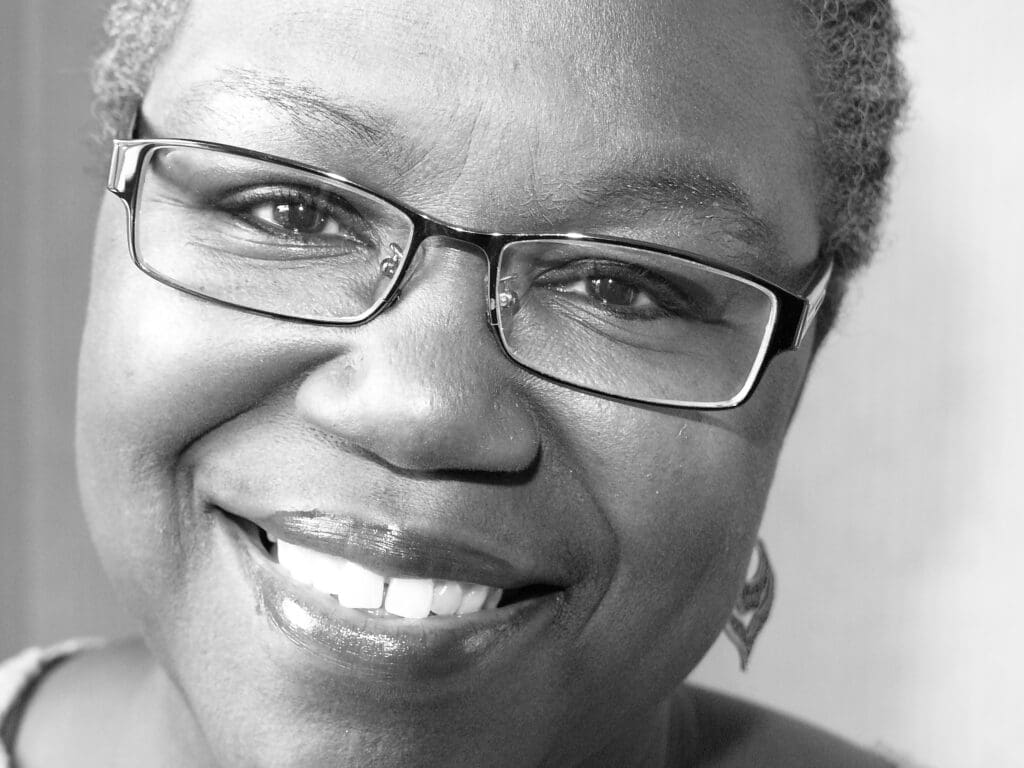
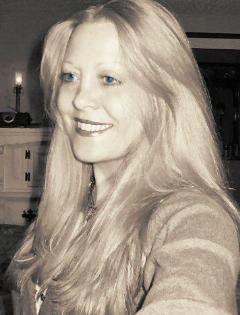
Comments are closed